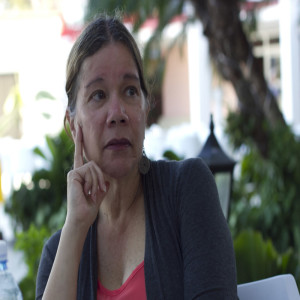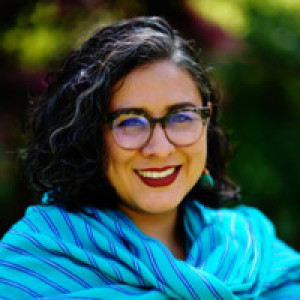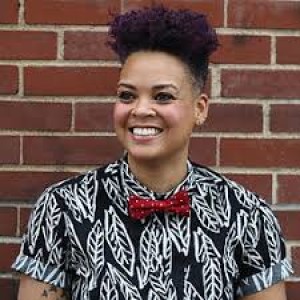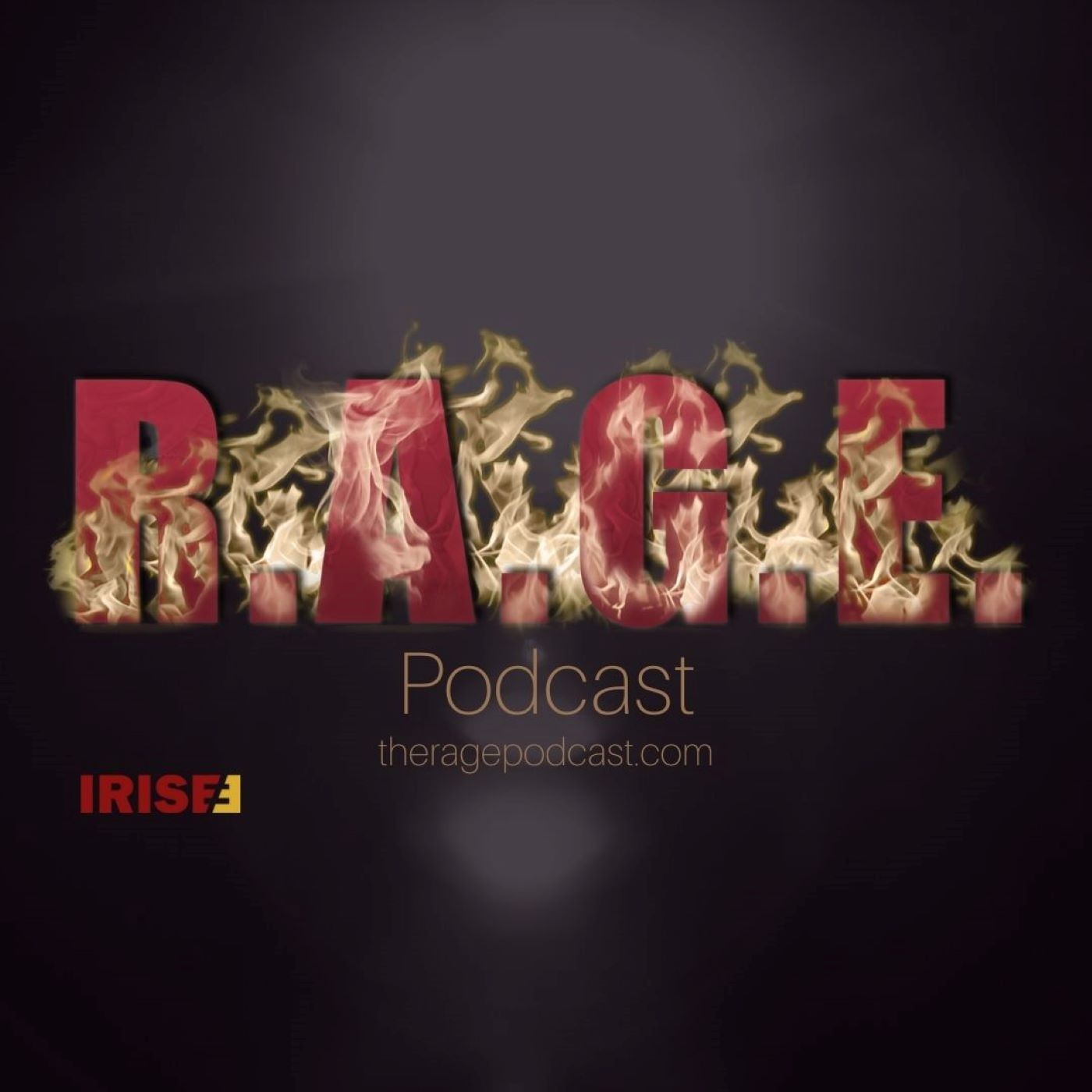Episodes

Monday Sep 23, 2019
S2E2: FBI Leaked Documents Expose Racist Targeting of Blacks
Monday Sep 23, 2019
Monday Sep 23, 2019
FBI Leaked Documents Expose Racist Targeting of Blacks. While America in general and Black people in particular where busy fighting over who had the better chicken sammich Popeyes or Chic-fila there was an astounding leak coming from the FBI that details out how that agency considers Black Activist as a greater threat than ......wait for this......white supremacist groups and hold on to your hats for this one......Al Queda!
You're tuned in to the RAGE Podcast and I'm your host H-Soul. Join us as we explore and analyze this recent FBI leak and what it means to Black people in particular and the American experiment as a whole. Let's get this werk!!

Monday Sep 23, 2019
S2E1: The Stapleton Name Change Decision
Monday Sep 23, 2019
Monday Sep 23, 2019
Join the inaugural R.A.G.E podcast hosted by H-Soul as we tackle the issue of the Stapleton name change. Let's get this werk! #RAGE

Thursday Jun 13, 2019
Thursday Jun 13, 2019
Frances R. Aparicio was Professor of Spanish and Portuguese and Director of the Latina and Latino Studies Program at Northwestern University. She has previously taught at Stanford University, University of Arizona, University of Michigan, and University of Illinois at Chicago. Her research interests include Latina and Latino literary and cultural studies, the cultural politics of U.S. Latino/a languages, Latino/a popular music and dance, literary and cultural translation, cultural hybridity, transnationalism, Latinidad, and mixed Latino/a identities. She is author of the award-winning Listening to Salsa: Gender, Latin Popular Music and Puerto Rican Cultures (Wesleyan 1998), and co-editor of various critical anthologies, including Tropicalizations: Transcultural Representations of Latinidad (University of New England Press, 1997), Musical Migrations (Palgrave, 2003), and Hibridismos culturales (Revista Iberoamericana, 2006). A founding editor of the Latinos in Chicago and the Midwest Book Series at the University of Illinois Press, she has facilitated and fostered book publications and new research on Latino/as in the Midwest. She is currently co-editor of the forthcoming Routledge Companion to Latino/a Literatures (with Suzanne Bost) and is also writing on "intralatino/a subjects," individuals who are of two or more national Latin American origins.
In this episode, Dr. Aparicio discusses her new work "Aguanile: Critical Listening, Mourning and Anticolonial Healing"

Thursday Jun 06, 2019
S1E8: Christine Vega on Chicana Motherwork
Thursday Jun 06, 2019
Thursday Jun 06, 2019
Christine Vega is a Ph.D. Candidate in the Graduate School of Education & Information Studies (GSE&IS) Social Science and Comparative Education at the University of California, Los Angeles (UCLA). She holds a Master of Education from the University of Utah's School of Education, Culture, and Society. Born and raised in Pacoima, she is proud mother-scholar-activist merging both academia, activism, and spirituality. During her pregnancy and the birth of her son, her research shifted towards Chicana Latina Ph.D. mother attrition and retention of maternal activism. She is a founding mother of both Mothers of Color in Academia de UCLA and the Chicana M(other)work collective. Christine is an AAHHE and CDIP Fellow and has short stories, poetry and theoretical publications about birth, pregnancy, and ceremony in UCLA's Regeneracion Tlacuilolli and InterActions. She is currently on fellowship (DYF) completing her dissertation as a visiting community scholar at Denver University. She has worked as a GSR for the GSE&IS Equity and Diversity Committee and is a Teaching Associate for Cesar Chavez Department of Chicana/o Studies at UCLA.
This particular podcast is the second of an interconnected set of conversations with female scholars of color exploring tensions in the context of a series of books recently published that examine race and gender in higher education. Christine is co-editor of and contributor to the recently published book, The Chicana Motherwork Anthology: Because Without Morthers, There is No Revolution. The anthology weaves together emerging scholarship and testimonios by and about self-identified Chicana and Women of Color mother-scholars, activists, and allies who center mothering as transformative labor through an intersectional lens. Contributors provide narratives that make feminized labor visible and that prioritize collective action and holistic healing for mother-scholars of color, their children, and their communities within and outside academia. Ms. Vega is also a Visiting Community Scholar here at DU.

Thursday Jun 06, 2019
S1E7: Dr. Manya Whitaker of Counternarratives from Women of Color in Academia
Thursday Jun 06, 2019
Thursday Jun 06, 2019
Dr. Manya Whitaker is an Associate Professor of Education at Colorado College. She is a developmental educational psychologist with expertise in social and political issues in education. Her courses include Urban Education, Diversity & Equity in Education, and Educational Psychology, among others. She researches the stability of teachers' diversity-related belief systems across time and settings, and how those beliefs can be intentionally disrupted and re-structured through teacher training. She is the author of Learning from the Inside-Out: Child Development and School Choice.
This particular podcast is the second of an interconnected set of conversations with female scholars of color exploring tensions in the context of a series of books recently published that examine race and gender in higher education. Sitting with me here today is Dr. Manya Whitaker, an Associate Professor of Education in the Race, Ethnicity and Migration Studies Program and the co-editor of contributor to the recently published Counternarratives from Women of Color Academics.

Thursday May 30, 2019
S1E6: Dr. Meera Deo, author of Unequal Profession
Thursday May 30, 2019
Thursday May 30, 2019
Dr. Meera Deo, Professor of Law at the Thomas Jefferson School of Law and the author of the recently published book Unequal Profession: Race and Gender in Legal Academia. The book draws from the first empirical study of law faculty utilizing an intersectional lens to investigate race and gender challenges in the profession and works to identify solutions to overcome barriers facing traditionally underrepresented faculty.
Dr Deo is a co-editor and contributing author for Power, Legal Education, and Law School Cultures, forthcoming with Routledge Press. She has held visiting positions at Berkeley Law, UC Irvine School of Law, UCLA School of Law, and currently at UC-Davis School of Law and is also the Director of the Law School Survey of Student Engagement (LSSSE) based at Indiana University.

Thursday May 23, 2019
S1E5: Dr. Celeste Gonzalez de Bustamante
Thursday May 23, 2019
Thursday May 23, 2019
Episode 5 features Dr. Celeste González de Bustamante, Associate Professor in the School of Journalism at the University of Arizona with dual courtesy appointment at the UA Center for Latin American Studies and Mexican American Studies Department. She received her Ph.D. in history at the University of Arizona. Her research interests include: contemporary and historical issues related to the news media in Mexico, the U.S.-Mexico borderlands, and Brazil; and representations of Latinxs in the media.
Dr. Bustamante joins us today as part of her related knowledge and expertise in setting up A Migrahack here at DU and in Denver. This is a “hackathon” designed to bring together people with expertise on immigration and people who are knowledgeable about how communication systems and data science might be leveraged to address the needs of those most affected by immigration policies. Dr. Bustamante organized an Arizona Migrahack, about how Denver is an ideal place to launch a migrahack, as we have a vibrant community that is facing numerous issues related to immigration and the related well-being of racialized migrant communities in Denver.

Thursday May 16, 2019
S1E4: Prof. Kevin Willmott, Blackkklansman Screenwriter
Thursday May 16, 2019
Thursday May 16, 2019
Episode 4 features Kevin Willmott, Professor of Film and Media Studies at the University of Kansas. Professor Willmott is a screenwriter, producer and director working with the likes of Oliver Stone, Martin Sheen, Whoopi Goldberg, Wes Studi and most in the news lately, Spike Lee. Indeed, Professor Willmott recently received an Academy Award in the adapted screenplay category for co-writing the Spike Lee Joint, Blackkklansman. The following clip is from a lecture by Professor Wilmott on the intersection of film, race, democracy and the resurgence of hate at the University of Denver.

Thursday May 09, 2019
S1E3: Dr. Amber Johnson of the Justice Fleet
Thursday May 09, 2019
Thursday May 09, 2019
Episode 3 features Dr. Johnson, Assoc. Professor of Communication at St Louis University, and award-winning scholar and teacher whose work merges qualitative, rhetorical, critical, and arts-based methods, theories, and contexts. Dr. Johnson's numerous projects advance our understandings of identity, protest, social justice, performance and aesthetics, through deep and creative engagements with communities within and off campus. Dr. Johnson is the founder and director of the Justice Fleet a mobile network of box trucks giving experiences that foster community healing through art, play, and dialogue. Structured around the concepts of Radical Forgiveness and Radical Imagination, it invites the community to come together to imagine new systems and build a world without injustice.

Thursday May 02, 2019
Thursday May 02, 2019
Episode 2 features Dr. Mary Romero, Professor in the School of Social Transformation at Arizona State University and Affiliate of Women and Gender Studies, Asian Pacific American Studies and African and African American Studies. She is currently the President of the American Sociological Association. The author of numerous books, chapters, and journal articles, Dr. Romero’s research and scholarship on social inequalities and justice incorporates the intersectionality of race, class, gender, and citizenship and links the parallels between domestic gendered race relations and immigration and identifies the continuum between racism against citizens and racism against non-citizens.

